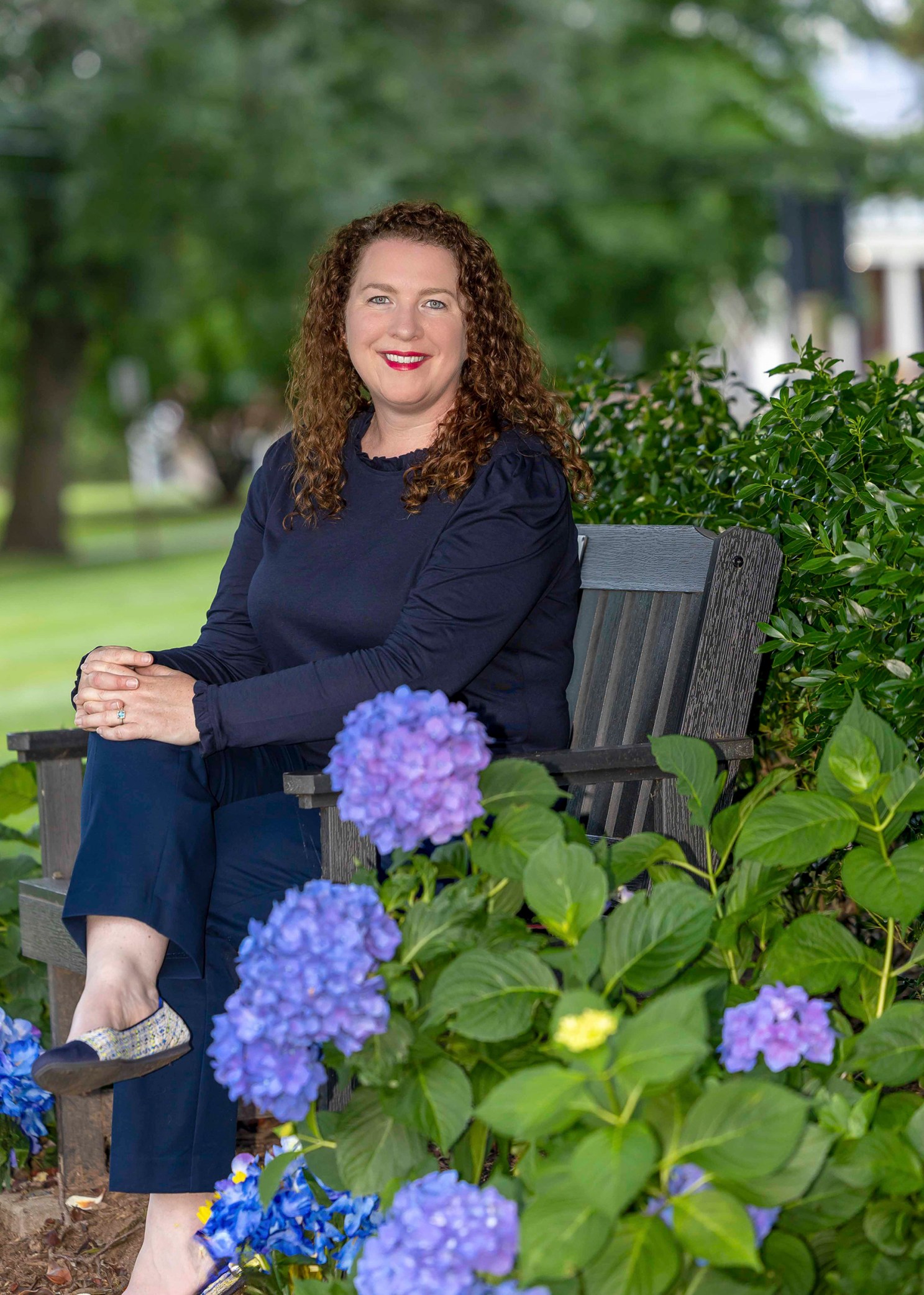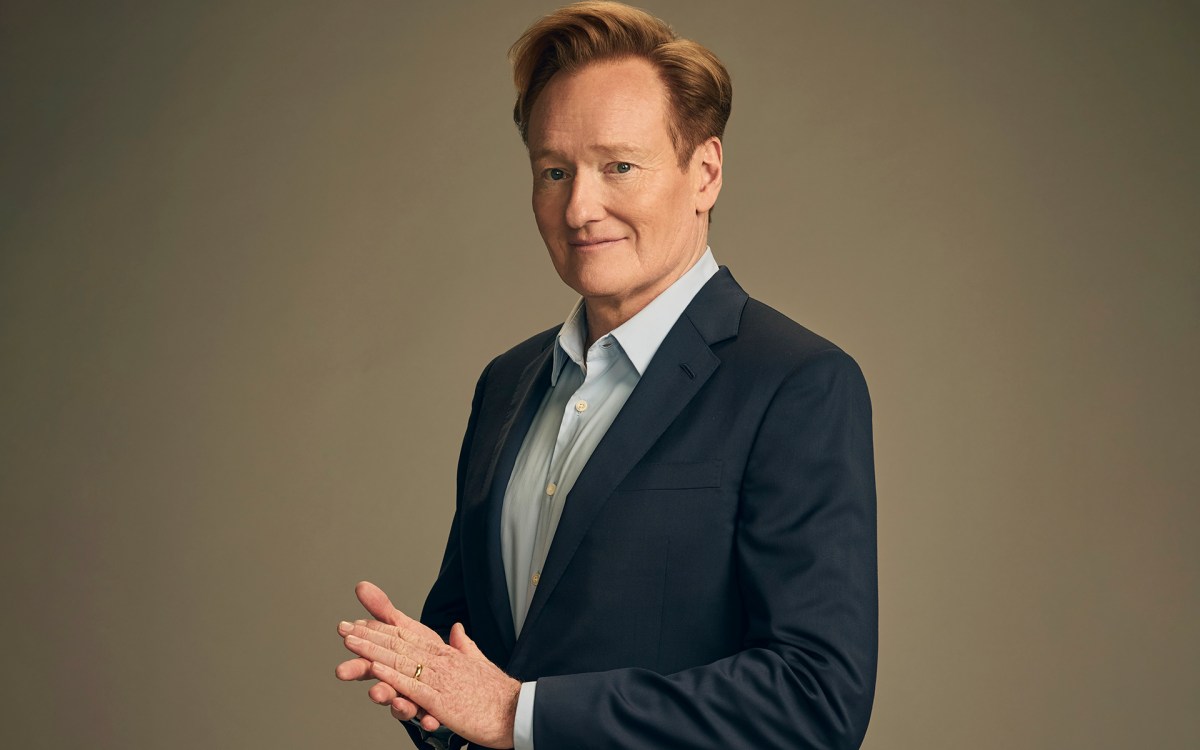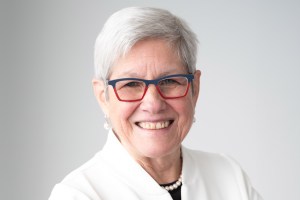
Fiona Coffey.
Sandy Aldieri/Perceptions Photography
Fiona Coffey named director of the Office for the Arts at Harvard
Innovative and accomplished leader, believes in integrating arts into nontraditional spaces, disciplines
Fiona Coffey, a creative producer, global theater historian, and accomplished administrator dedicated to making the arts accessible, will become the new director of the Office for the Arts at Harvard, Danoff Dean of Harvard College Rakesh Khurana announced Wednesday.
Coffey will take the directorial helm Aug. 5, succeeding Jack Megan, who stepped down in June after 23 years as director.
“With Fiona’s track record of innovative leadership, we can look forward to a future where the arts continue to be a central and transformative element of the Harvard experience. Her leadership will sustain current efforts and drive new initiatives, fostering creative expression and engagement across the College, University, and beyond. I am eager to see her impact on the next generation of College students,” Khurana said.
Coffey comes to Harvard from Wesleyan University’s Center for the Arts, where she has been associate director and curator for performing arts since 2018 as well as a visiting assistant professor in the theater department.
“I am so excited and energized, ready to get to work,” Coffey said. “I’m thrilled to help continue the OFA’s legacy and to lead the team forward, building on all of the incredible work they are already doing.”
Coffey holds an B.A. from Stanford University, a master’s degree in Irish Drama and Film from Trinity College in Dublin, and a Ph.D. in theater and performance from Tufts University. Her scholarship centers around Irish drama, specifically women dramatists and theatrical responses to the sectarian conflict in Northern Ireland. She is the author of “Political Acts: Women in Northern Irish Theatre, 1921-2012” (2016).
At Wesleyan, Coffey’s responsibilities included producing the visiting guest artist series and a season of public shows in music, dance, theater, and interdisciplinary arts. She also produced and curated long-term residencies, bringing artists to campus to collaborate with faculty and students. Her teaching repertoire included courses on theater history and arts administration.
“I don’t see art as being on the periphery or as supplemental to higher education, I really view it as essential to a holistic liberal arts and science experience,” Coffey said. “Creative research and arts practice are rigorous forms of scholarship and knowledge-production and are on par with the research and learning that is happening in some of our traditional classroom spaces.”
Hopi Hoekstra, Edgerley Family Dean of the Faculty of Arts and Sciences, said, “Whether in the art studio or at the lab bench, creativity drives our academic mission forward. I couldn’t be more excited to welcome Fiona to the vibrant, interdisciplinary environment of Harvard, of which artists and art-making are an essential part.”
Coffey currently serves as co-president of New England Presenters, a regional membership organization providing support to arts organizers. In recent years she also helped produce touring projects for several dance organizations, including Chicago-based Era Footwork Collective and Toronto-based inDANCE.
A priority for Coffey is ensuring that arts are accessible to students regardless of their prior experience or chosen area of study, and she believes in integrating arts into nontraditional spaces and disciplines.
“The arts are often on the forefront of important political and social change, and when we bring artists into conversation and into research with non-arts disciplines, we’re able to address the most complex, challenging problems in new ways that can shift people’s thinking around an issue,” Coffey said. “Artists have an essential role to play in helping humanity move toward a more just and equitable world, and I believe artists’ ability to vision a different reality than the one we live in now is necessary for human progress.”




